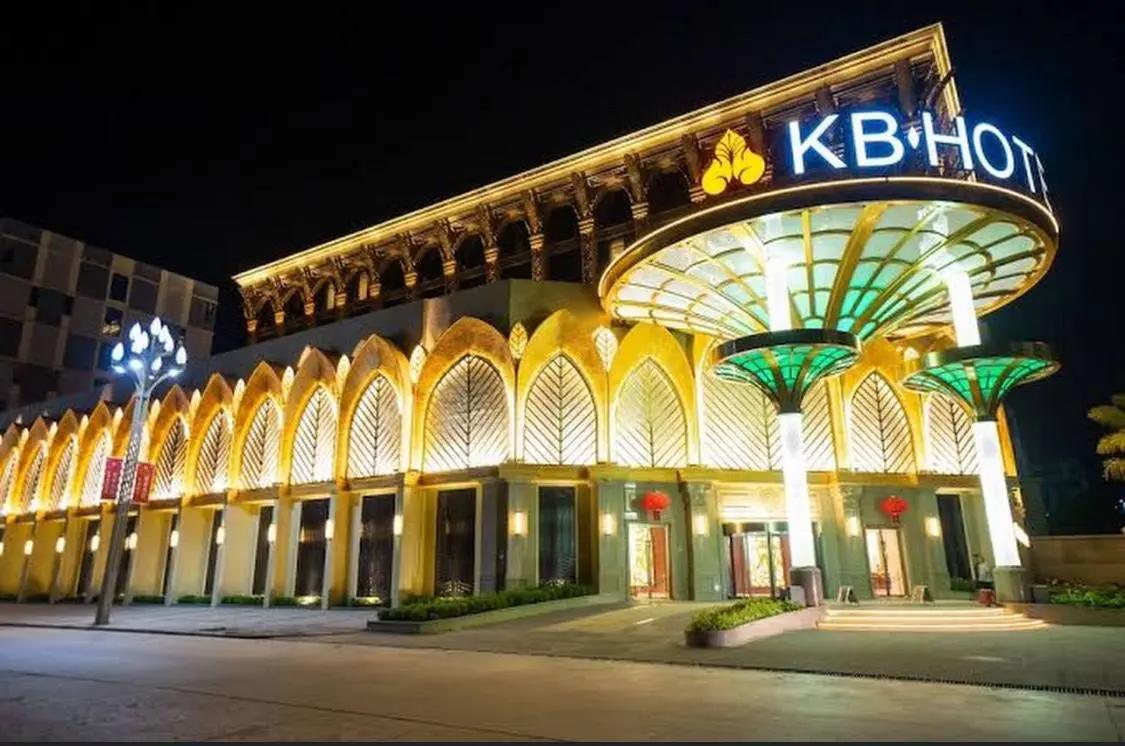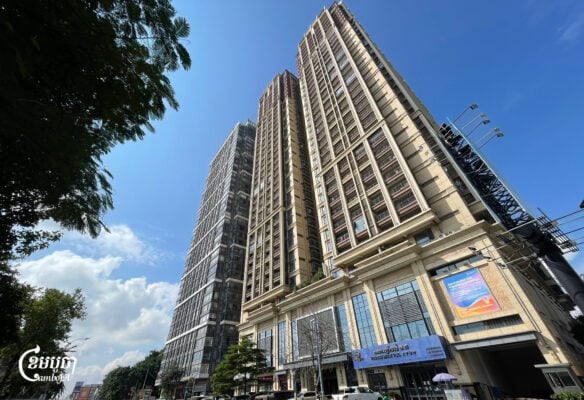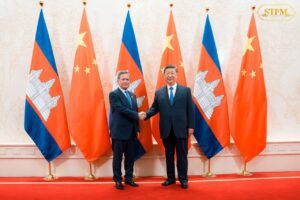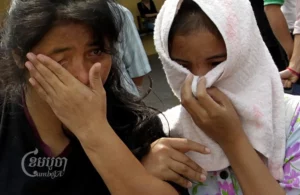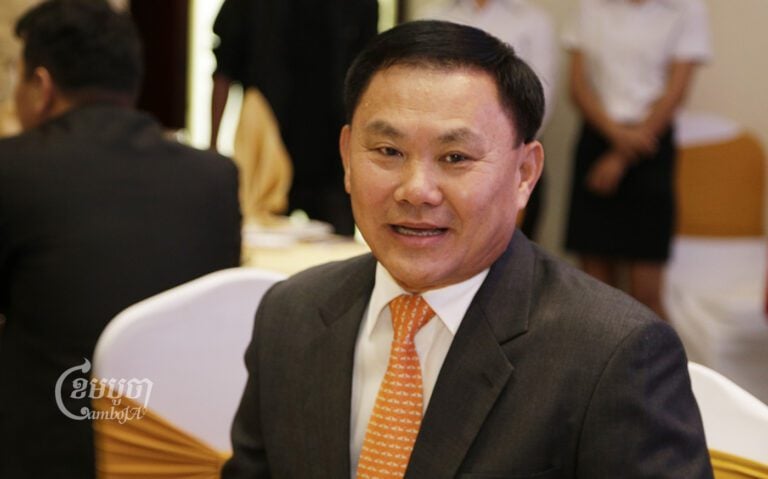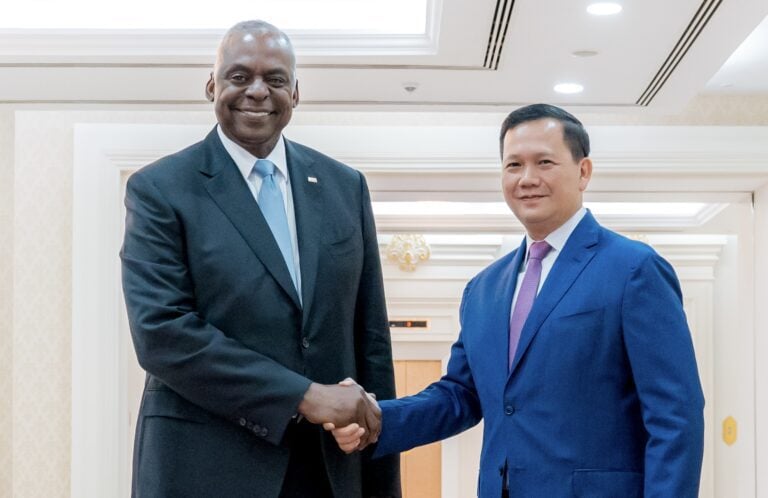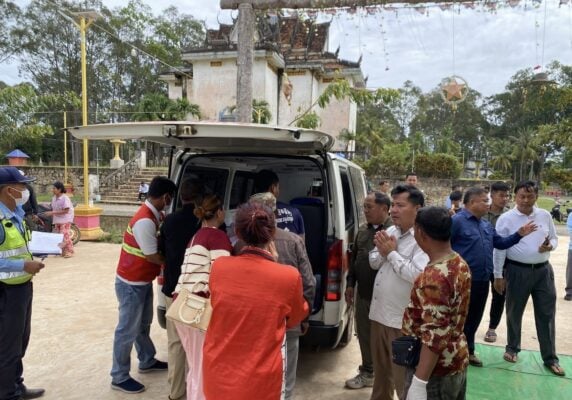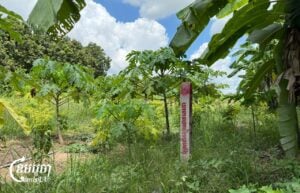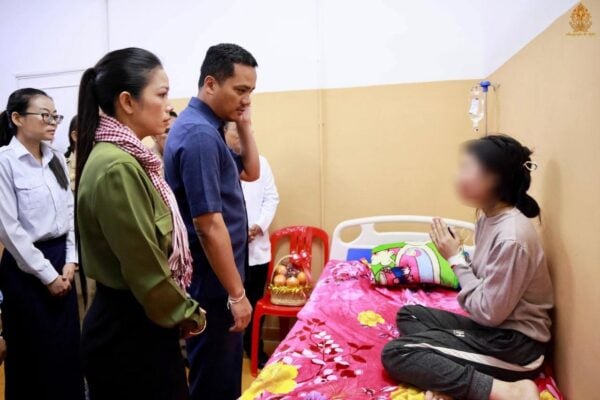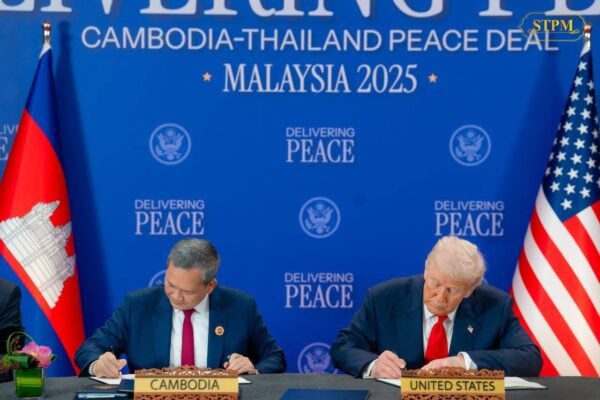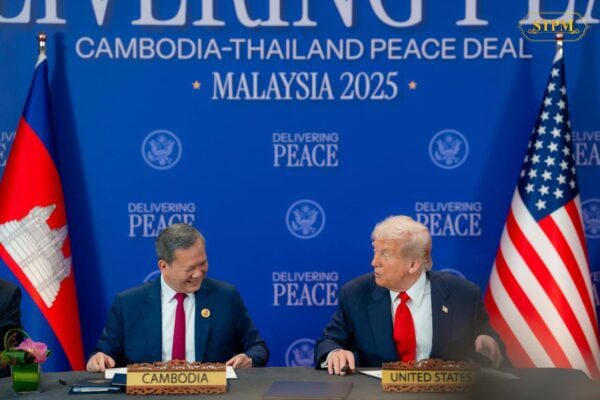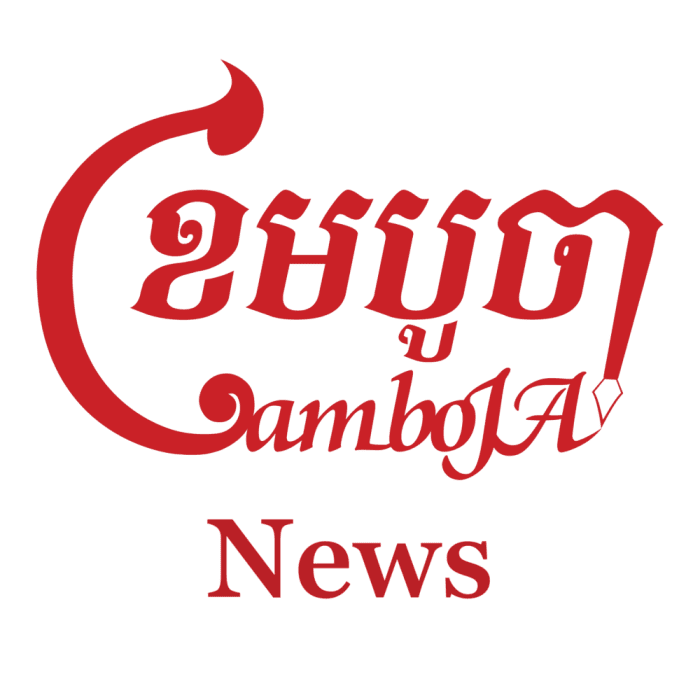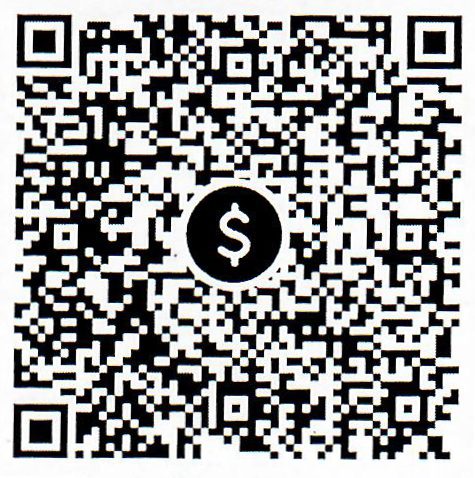The U.S. on Monday blacklisted 10 Cambodian targets, including casinos and suspected operators tied to scam hubs, in its latest sanctions. The Treasury’s Office of Foreign Assets Control (OFAC) also designated nine entities linked to Shwe Kokko, a notorious scam enclave in Myanmar.
The office said Southeast Asia’s scam industry threatens Americans’ financial security and subjects thousands to modern slavery. An estimated 300,000 people from dozens of countries have been coerced and forced into the region’s illicit online scam networks, according to the United States Institute of Peace
“In 2024, unsuspecting Americans lost over $10 billion due to Southeast Asia-based scams, and under President Trump and Secretary Bessent’s leadership, Treasury will deploy the full weight of its tools to combat organized financial crime and protect Americans from the extensive damage these scams can cause,” said Under Secretary of the Treasury for Terrorism and Financial Intelligence John K. Hurley in a press release.
The U.S. described the newly blacklisted entities as casinos built by Chinese crime groups that turned into hubs for virtual currency scams.
Among them is TC Capital, which owns the Golden Sun Sky Casino and Hotel complex in Sihanoukville. OFAC said the casino also serves as a front to launder scam proceeds from adjacent buildings in the complex, sometimes with trafficked victims forced into the schemes.
TC Capital was founded by Dong Lecheng, a Chinese investor tied to Sihanoukville real estate projects linked to trafficking and scams. He was convicted of money laundering in China in 2008 and later investigated for bribery and illegal online gambling promoted to Chinese nationals.
Also blacklisted was the KB Hotel complex in Sihanoukville, linked to scam networks and forced criminality.
The U.S. said it was co-founded by Xu Aimin, a naturalized Cambodian citizen who used political connections to avoid scrutiny. Xu was sentenced to 10 years in prison in China in 2013 for running a billion-dollar gambling ring, placed on an INTERPOL Red Notice, and wanted in Hong Kong for laundering $46 million through its banks. His KBX Investment real estate firm was also sanctioned.
Another KB Hotel board member, Chen Al Len, is also director of Heng He Bavet Property, which owns the Heng He Casino and an associated complex in Bavet.
The U.S. said the company is involved in cryptocurrency scams and forced labor, taking in workers from Sihanoukville linked to cyber scams. Heng He Bavet is co-directed by Su Liangsheng, who sits on the board of MDS Heng He Investment, developer of a large scam compound in Pursat Province. The company is chaired by Try Pheap, a Cambodian tycoon previously designated by OFAC. Chen and Su also jointly own a majority stake in HH Bank Cambodia.

OFAC also announced nine new designations targeting entities and individuals linked to the Karen National Army (KNA), which is aligned with Myanmar’s military and heavily involved in scam networks based in the notorious Shwe Kokko township along the Thai border.
The sanctions extend to KNA subordinates controlling property used for reported scam operations, including Tin Win and Saw Min Min Oo, as well as She Zhijiang, the founder and largest shareholder of the Yatai New City compound, the most prominent reported scam center in Shwe Kokko.
She holds Myanmar and Cambodian citizenship and has operated for years under multiple aliases. In 2022, he was arrested in Thailand under an Interpol Red Notice issued by China, which continues to seek his extradition.
Most Cambodia-based individuals and entities newly designated have already faced sanctions from other countries affected by the scam industry, including the UK and Canada in 2023.
The designations block any U.S.-linked assets of the targeted individuals and entities, bar Americans from doing business with them, and extend to firms majority-owned by those sanctioned.
The fresh blacklisting adds to a series of U.S. financial measures over the past year aimed at curbing regional cybercrime and money-laundering networks.
Earlier this year, the U.S. Treasury identified Huione Group, a Phnom Penh-based financial institution, as a primary money-laundering concern. The U.S. Financial Crimes Enforcement Network (FinCEN) said the firm and its subsidiaries served as a critical node for laundering proceeds from cyber heists linked to North Korea and transnational criminal groups in the region.
In September 2024, after OFAC sanctioned Cambodian tycoon and senator Ly Yong Phat, his conglomerate, and four hotels and resorts for their reported roles in trafficking workers to scam centers, the Cambodian government quickly condemned the move. By the end of the year, firms tied to Ly and his family had vanished from public records, which crime experts described as an apparent attempt to evade sanctions.
Cambodian officials have been terse on the latest sanctions. Interior Ministry spokesperson Touch Sokhak said that “online scams are operating in many countries in the region” and noted that Cambodia has established a commission to combat the illicit scam industry – a line officials often use when asked about enforcement gaps.
After a government directive in July ordering a nationwide crackdown on scam compounds amid continued international pressure, subsequent raids appeared to target mostly small operations.
Major alleged sites, particularly those linked to politically connected individuals, were largely left untouched, a situation complicated by a brief and deadly border clash with Thailand that same month.
The U.S. government estimated Americans lost at least $10 billion in 2024 to Southeast Asia-based scams, a 66% increase over the previous year.
When asked whether authorities will investigate forced labor or criminal activity at any of the U.S.-targeted sites, Chou Bun Eng, permanent vice chair of the National Committee to Counter Trafficking, said she believes “there is a working group that is investigating further.”
Several other law enforcement agencies tasked with combating cybercrime, including the Anti-Cyber Crime and Anti-Human Trafficking Department under the national police, did not immediately respond to requests for comment on the sanctions.
All of the companies named in the blacklisting were contacted via the Ministry of Commerce database, but none responded by the time of publication.
Long Dimanche, deputy governor of Preah Sihanouk province, could not be reached for comment.

